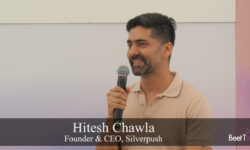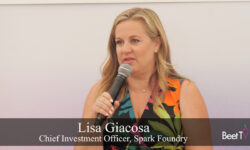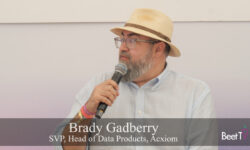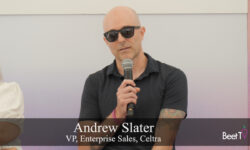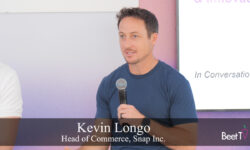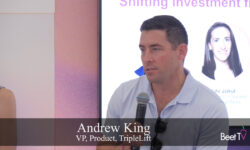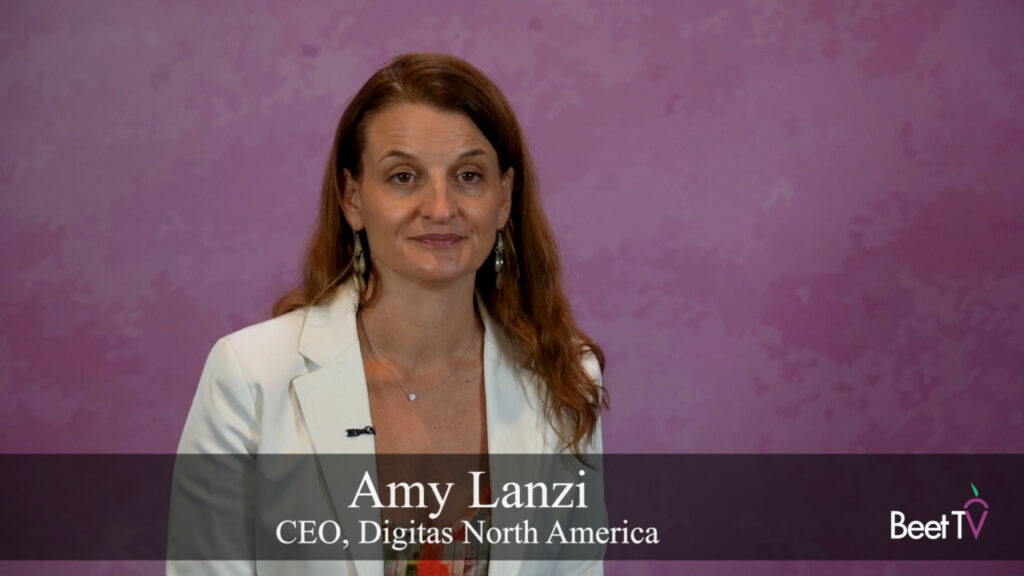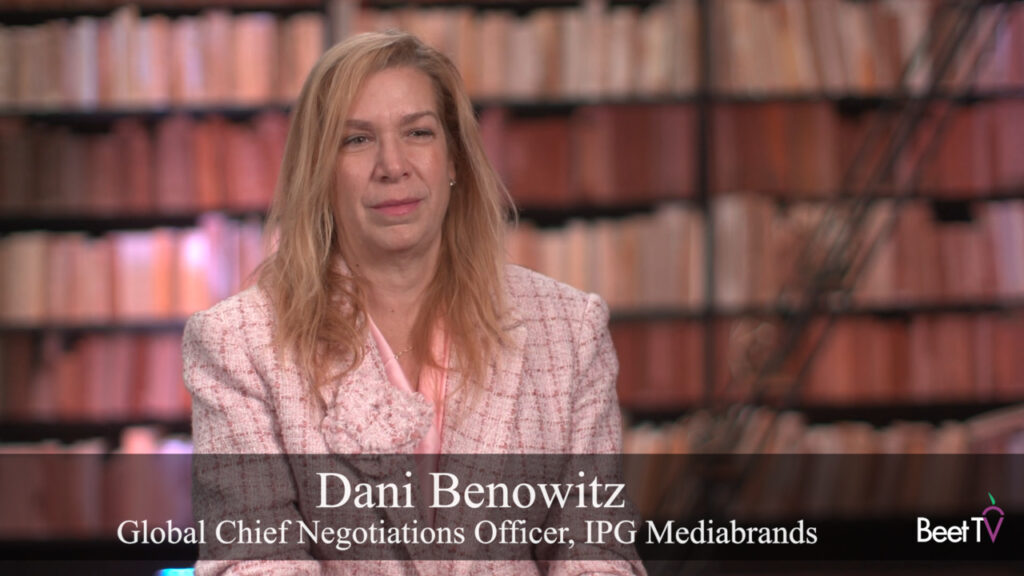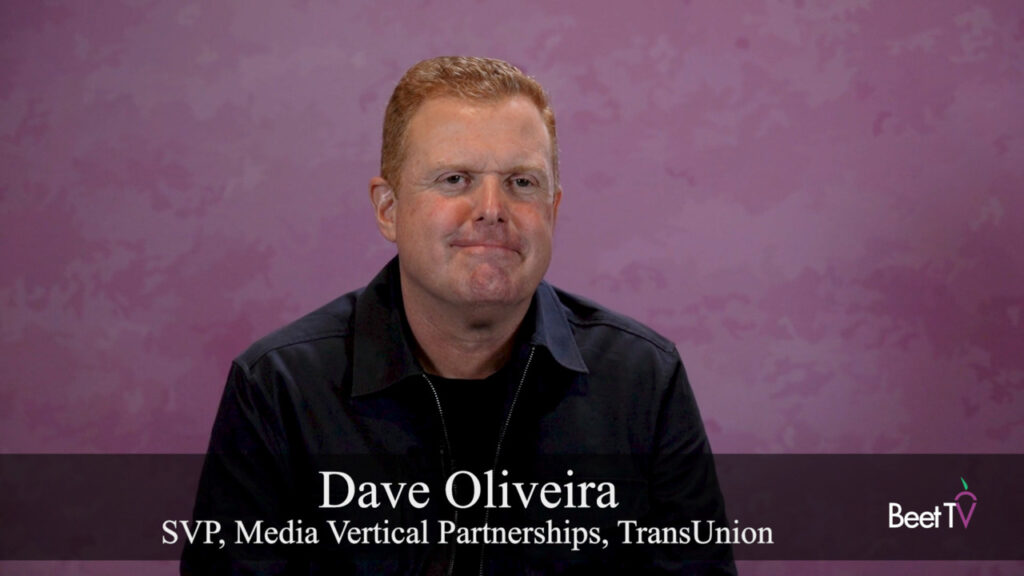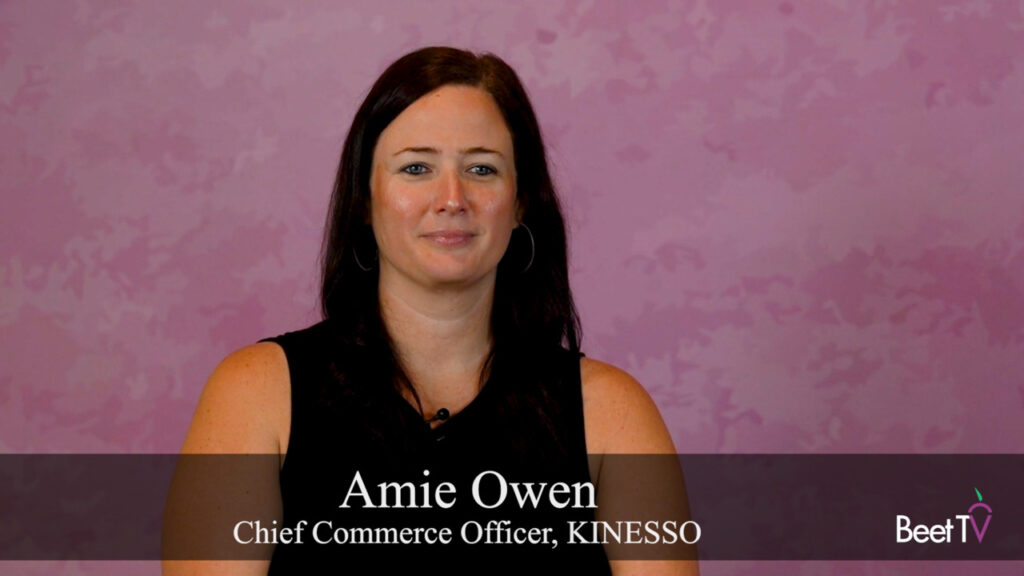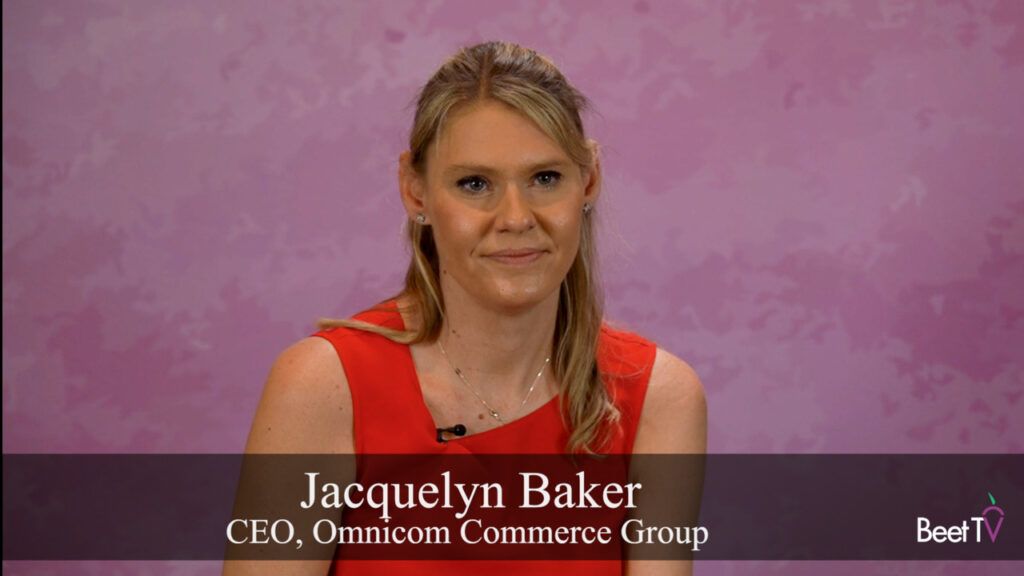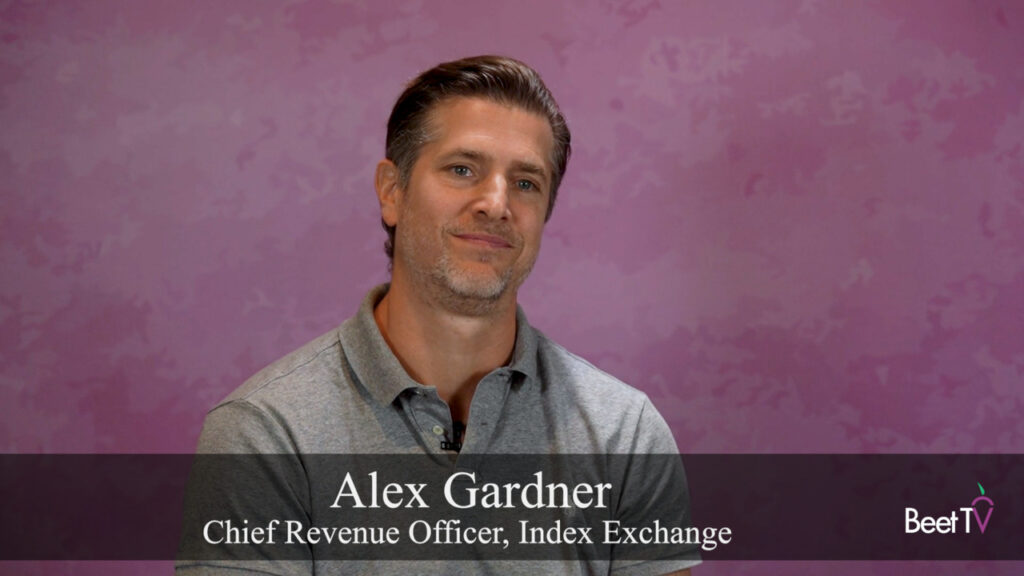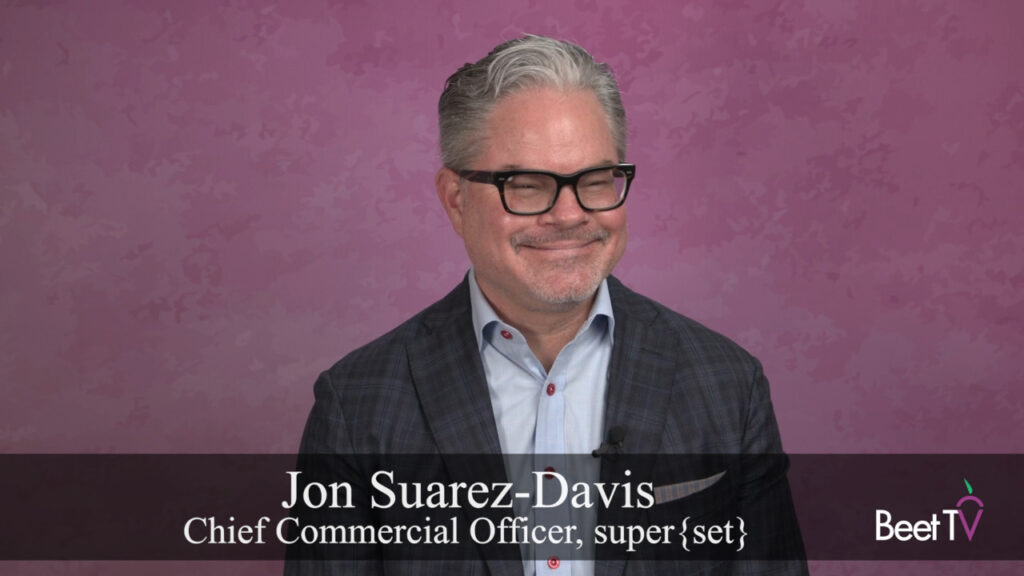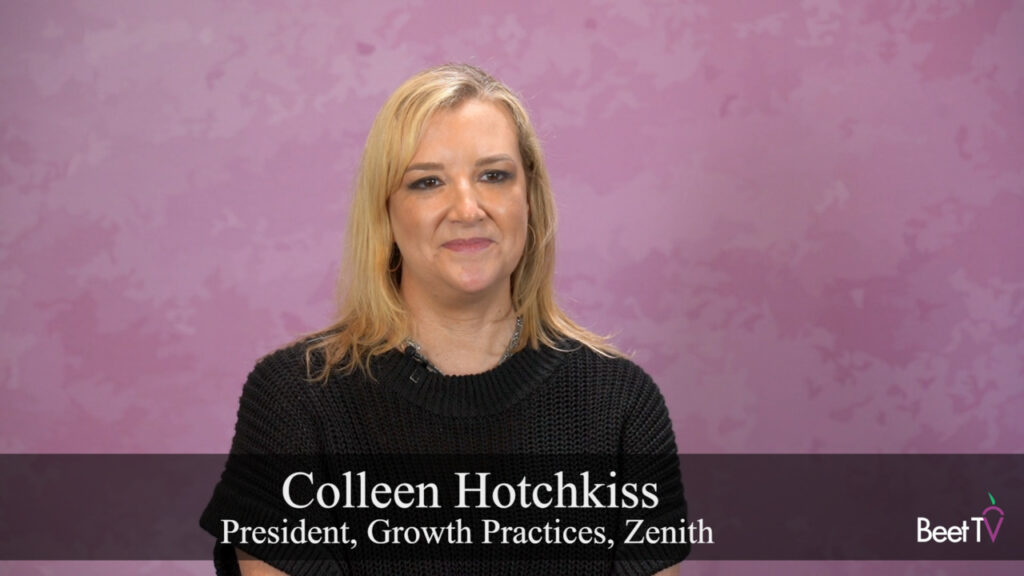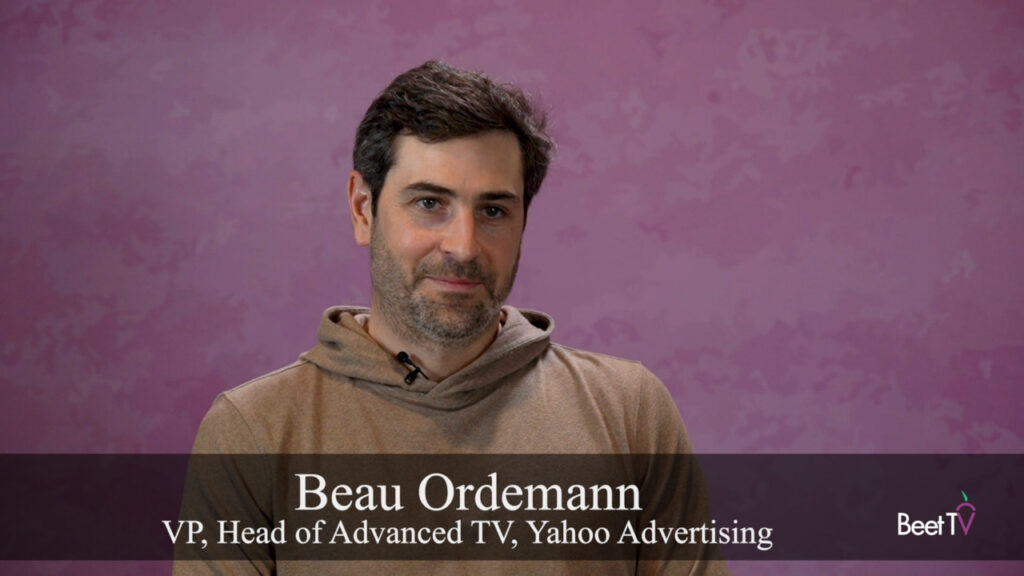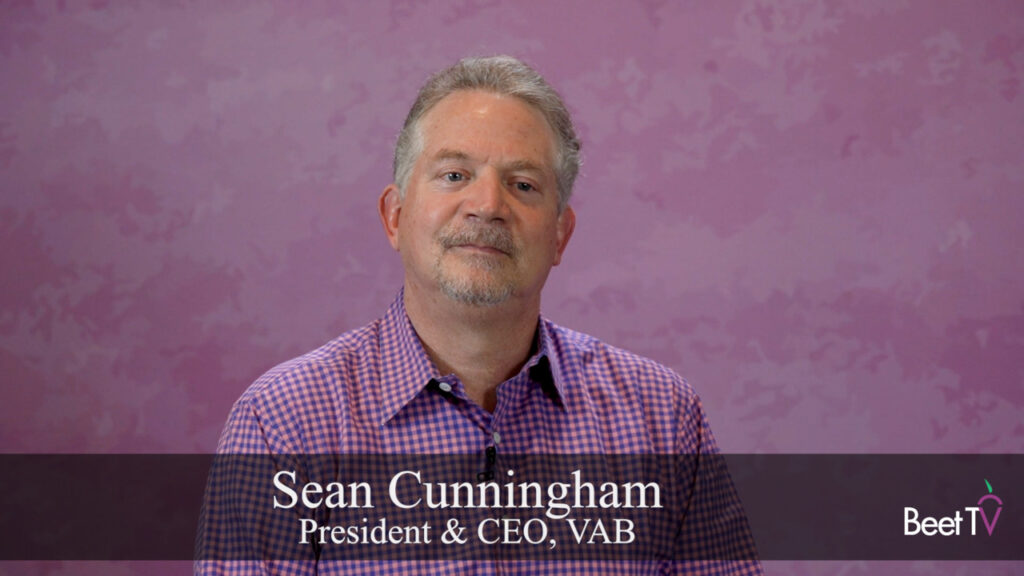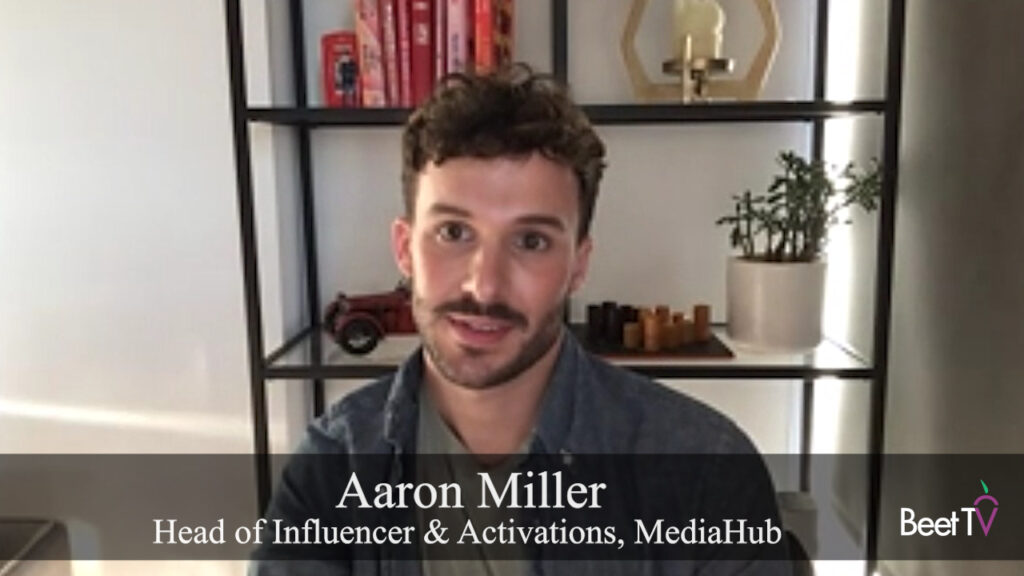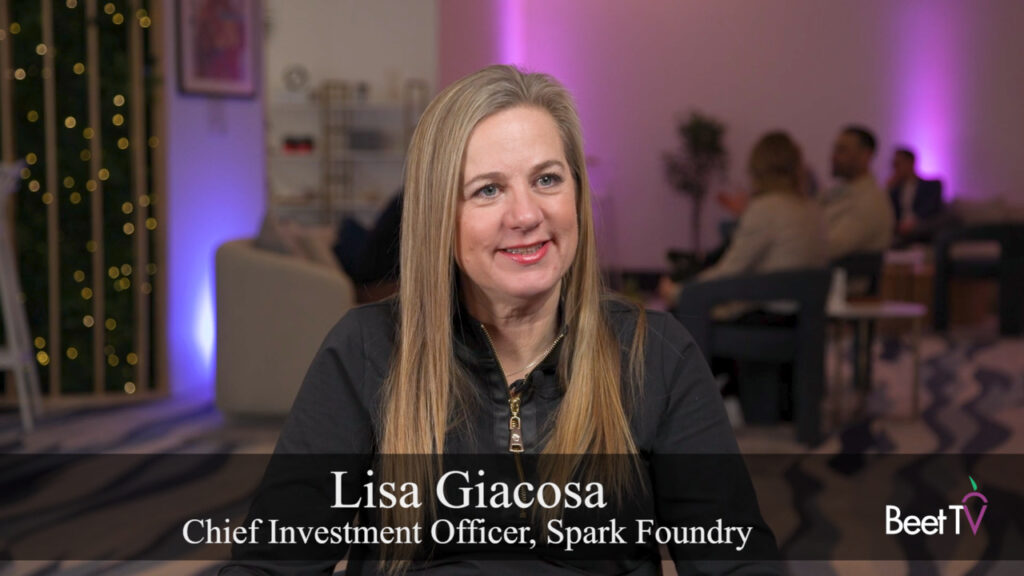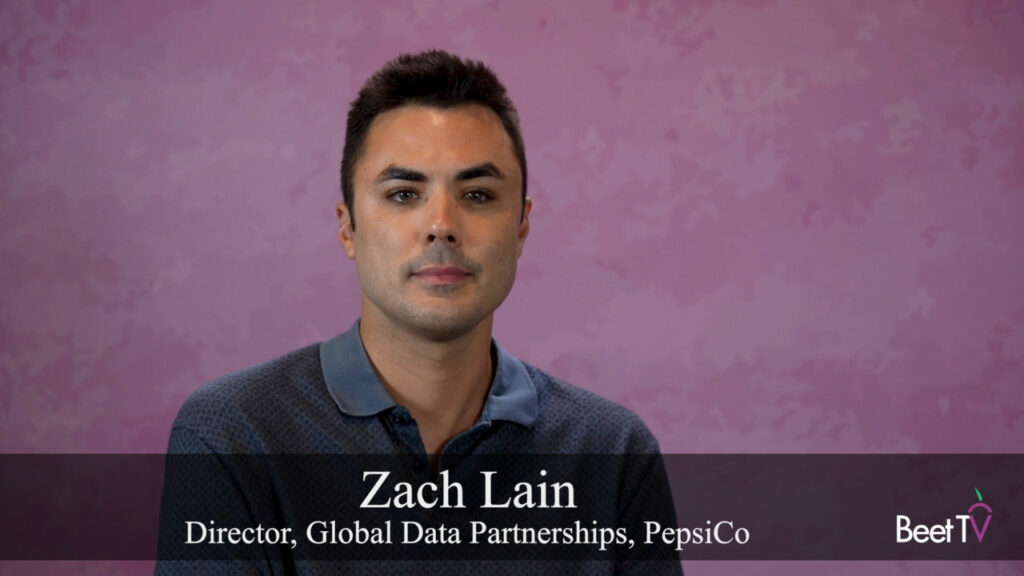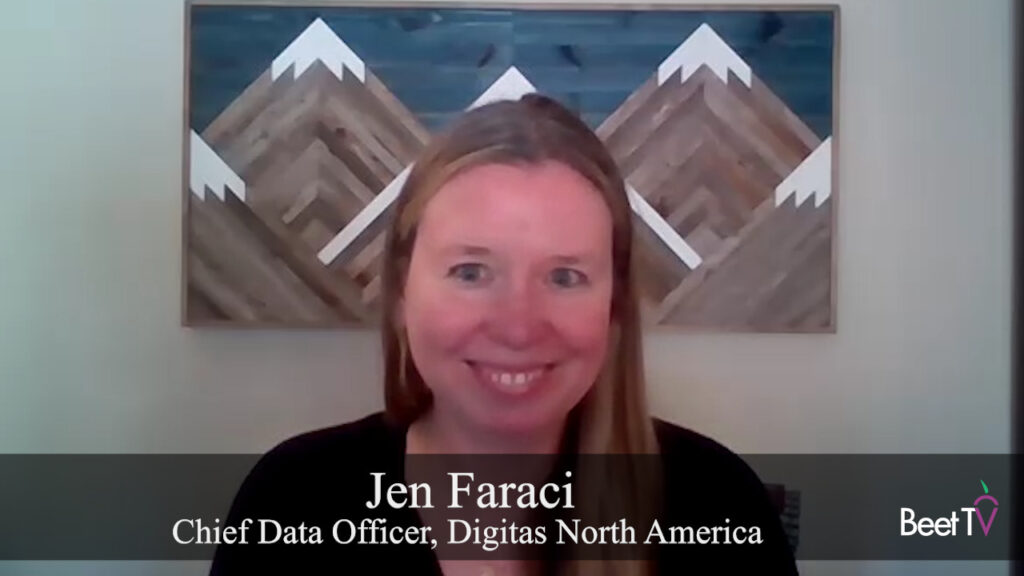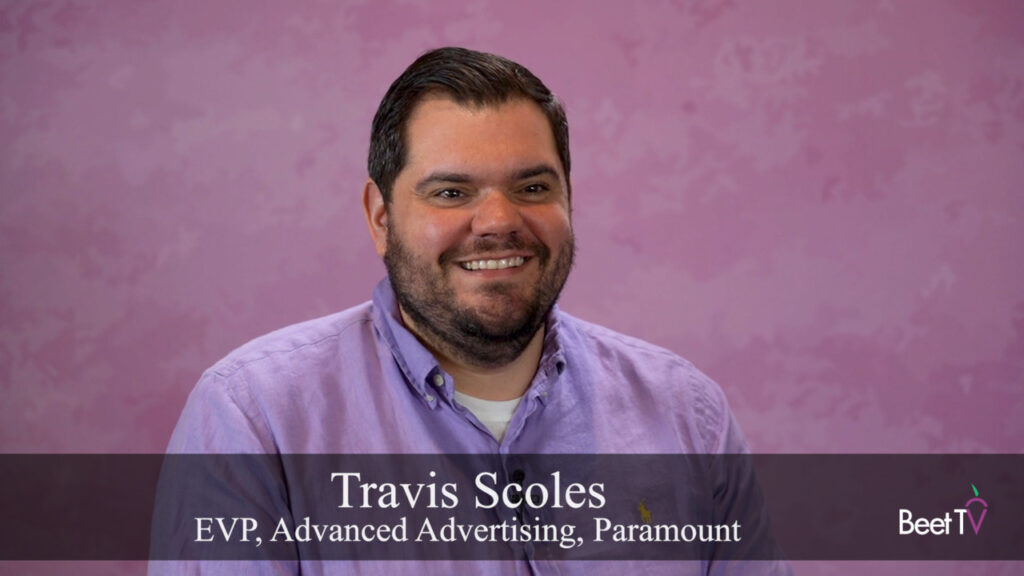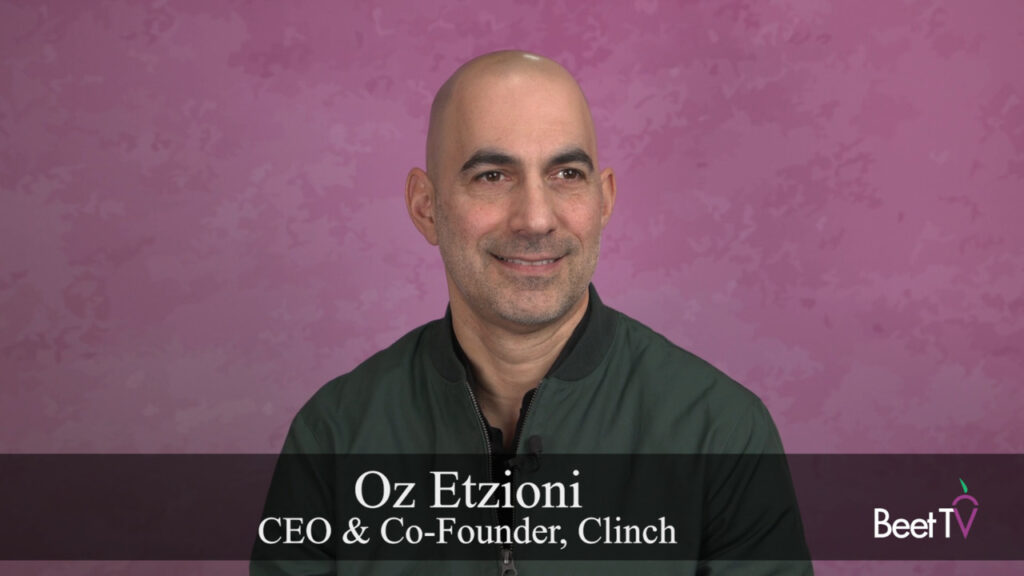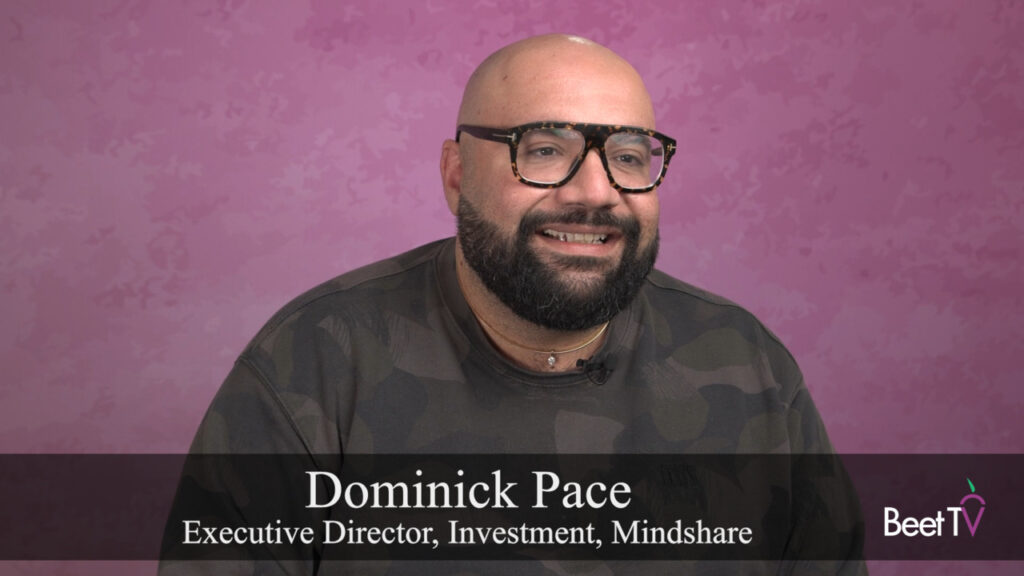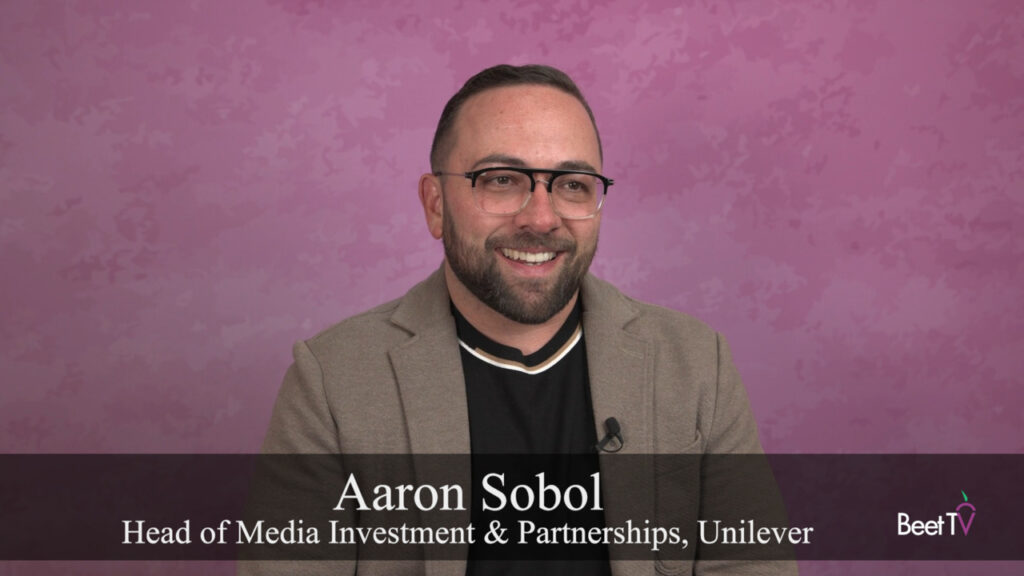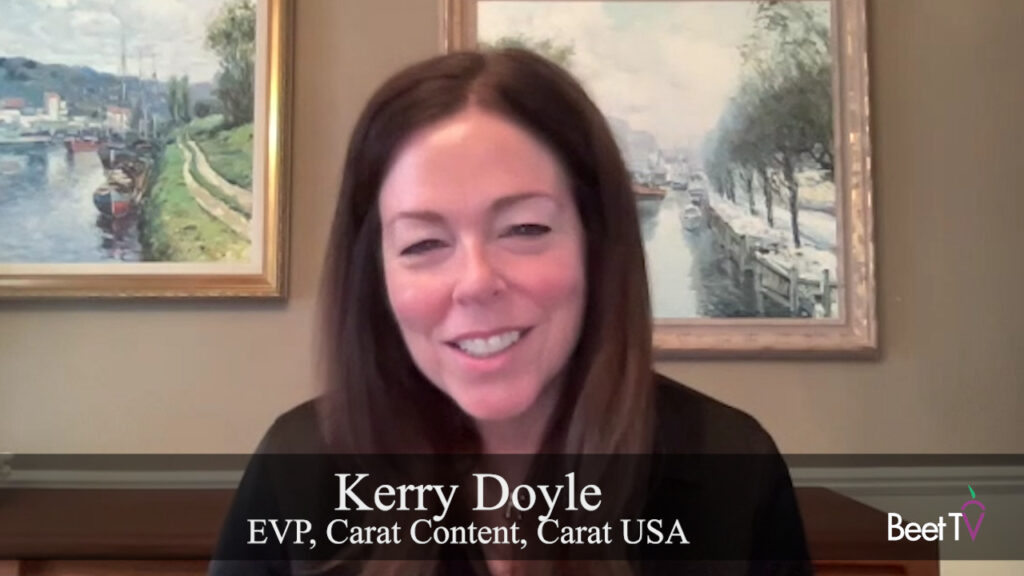CANNES — As the mobile advertising industry grapples with signal loss, the two dominant ecosystems are taking markedly different approaches, says Jon Hudson, SVP of Global Sales at Digital Turbine, in this video interview with Beet.TV.
While Apple’s iOS operates as a closed system, Google’s Android is more open and flexible for partners. This has led to a longer timeline for changes as Google considers feedback from major players, he says.
Hudson was interviewed by Jon Watts, MD, CIMM, at Global Leadership Summit: Data, Identity & Measurement, a Beet.TV Leadership Series at Cannes Lions 2024.
Brands Adapt with Hybrid Solutions
In response to the loss of identifiers like Apple’s IDFA, brands and agencies have had to adopt varying strategies. Some leverage first-party data, while others rely on probabilistic modeling or hybrid approaches.
“The sweet spot for brands is ultimately if they can combine both of those things,” Hudson says. “They might come to the party with their own data of some sort, but then also looking for the vendors out there that have something truly unique on the data side.”
Though marketers may have temporarily lost some capabilities due to signal loss, Hudson believes the industry’s innovation will prevail.
“I think temporarily we lost something but not permanently,” he says. “The great thing about this industry, I want to be clear, we’ll still be coming to Cannes in five, 10 years from now.”
Lessons for the Wider Ecosystem
As the broader marketing ecosystem faces similar challenges, Hudson expects several trends to emerge:
- Contextual targeting will become more important
- Marketers will evolve their media mix modeling
- Media owners’ data will gain value, but scalability remains an issue
- Vendors will innovate to bridge the gap between media owners and buyers
The Future of Measurement
Hudson also sees a need for evolution in measurement standards, particularly around attention metrics.
“I am yet to see an ad that can deliver a great message in two seconds,” he quips. “There has to be evolution on that side too.”
Ultimately, while first-party data strategies are crucial, marketers must also consider the unique data assets of their partners and the diversity of their audience’s media consumption.
“I think you’ve got to start to look at where else your audience is as you’re building that data picture,” Hudson says. “(You) come back to the point of which of the partners that have unique data assets and how can you leverage them.”
You’re watching “Global Leadership Summit: Data, Identity & Measurement, a Beet.TV Leadership Series at Cannes Lions 2024 presented by Digital Turbine, IAS, Intent IQ & TransUnion”. For more videos from this series, please visit this page. To view all of Beet.TV’s Cannes Lions 2024 content, please visit this page.







